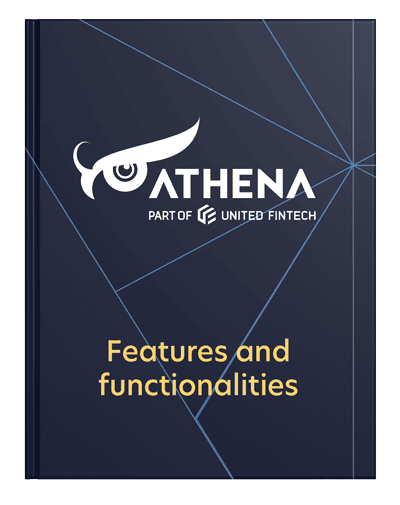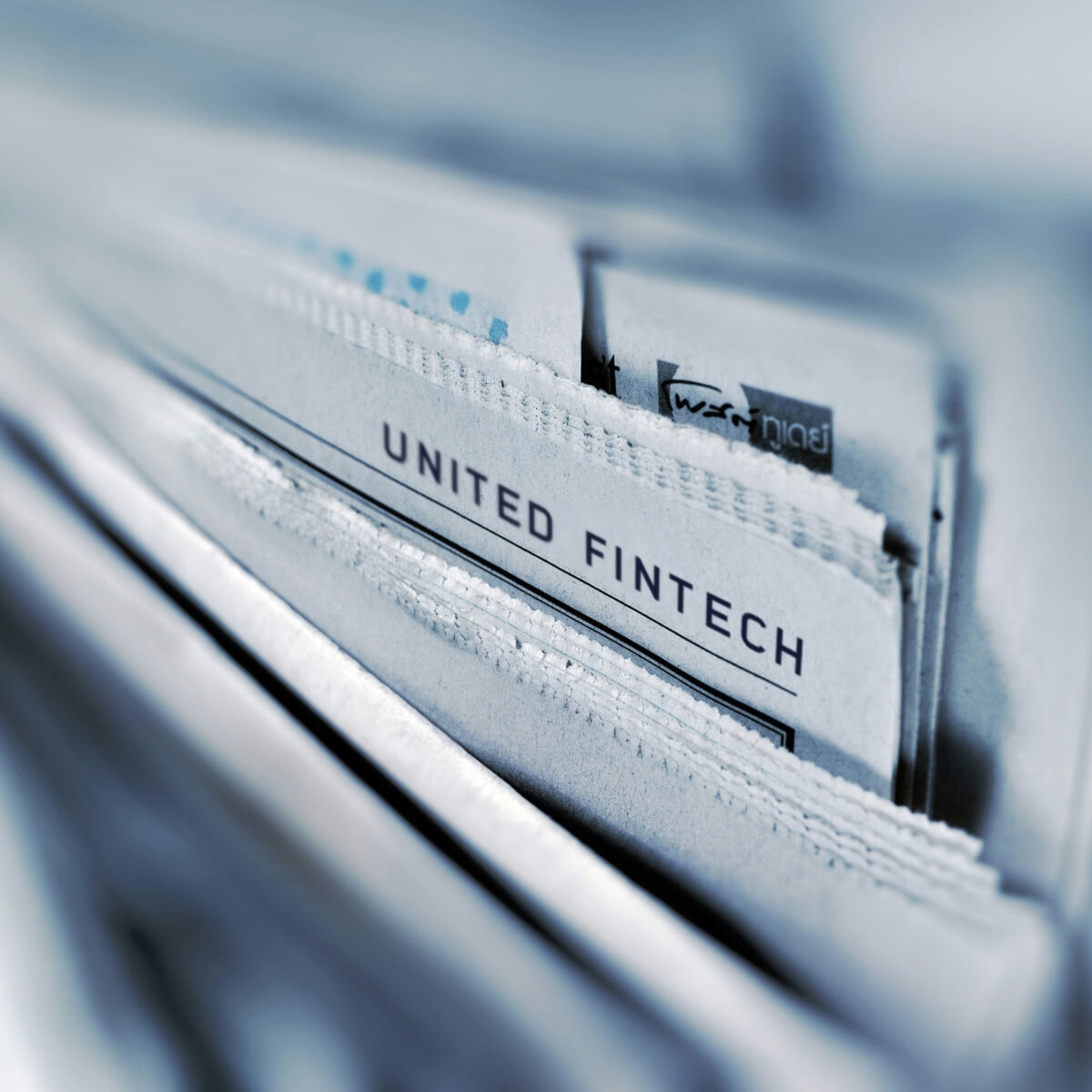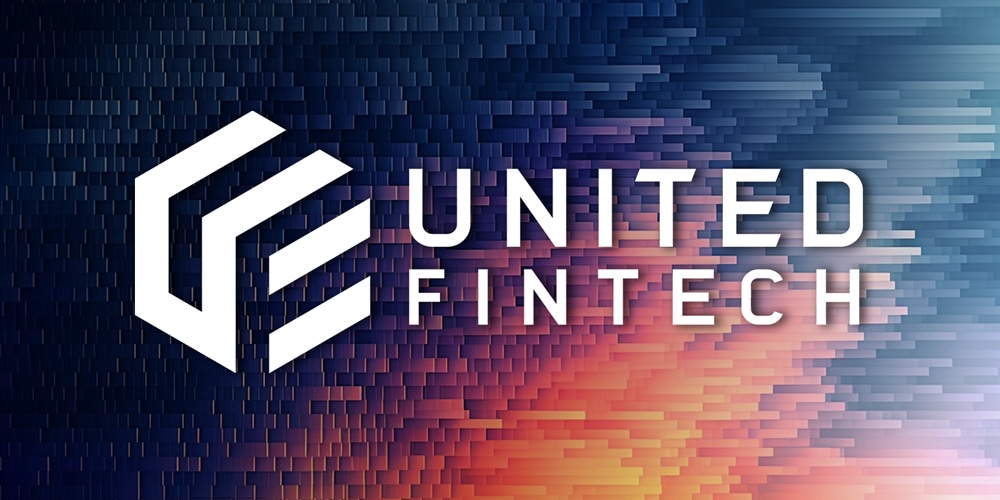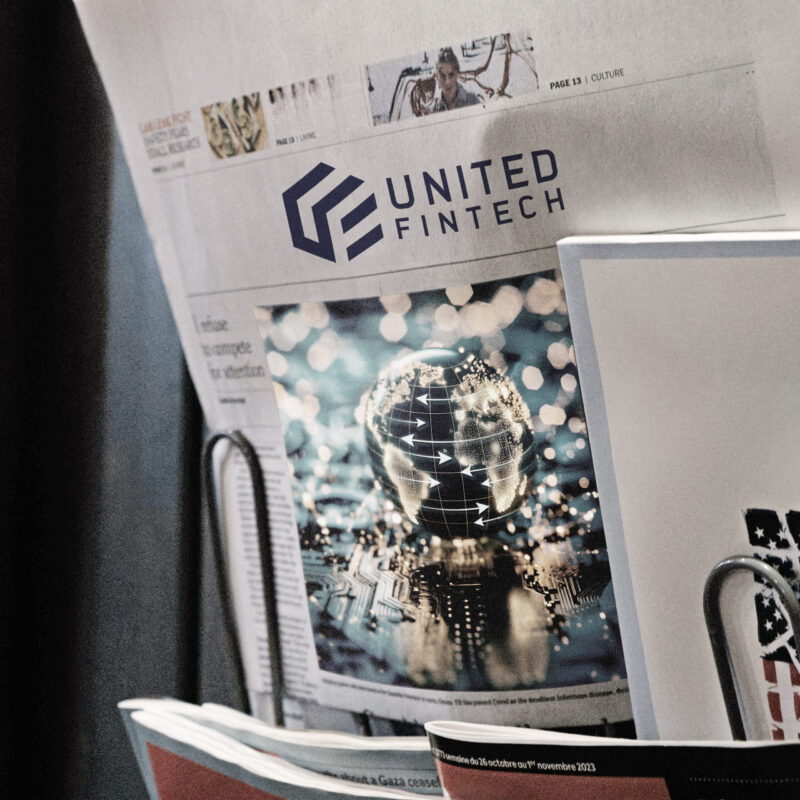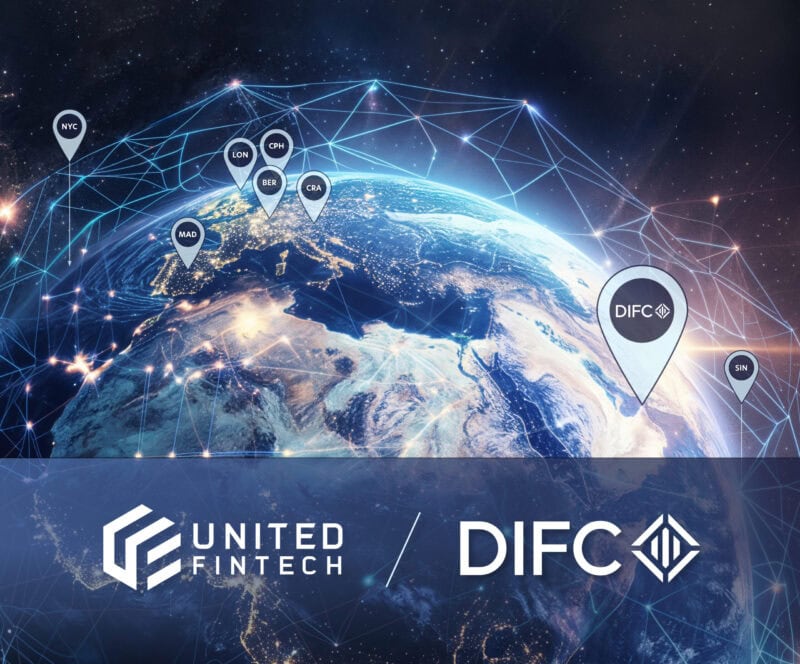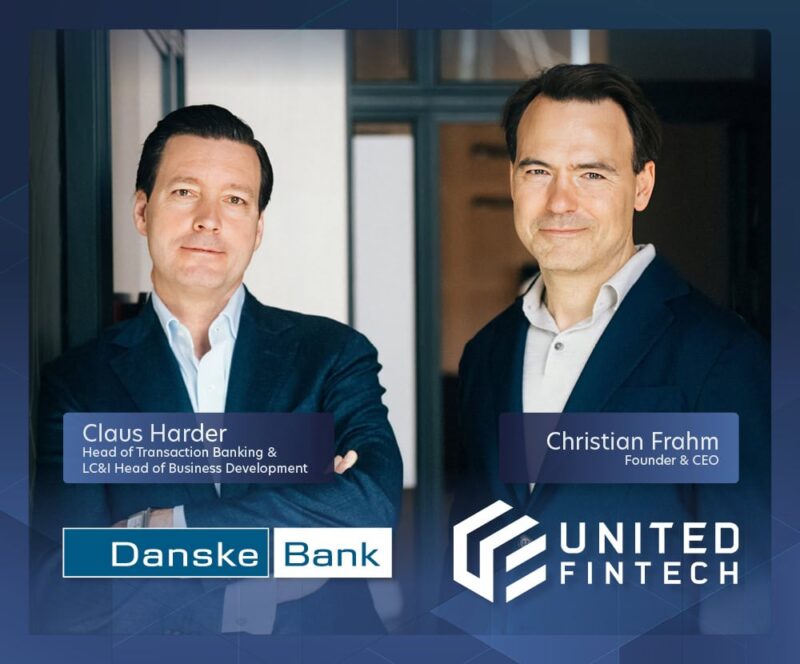Welcome to United Fintech’s Media Monthly. Each edition is meticulously curated to bring insightful updates, and key developments about United Fintech, our partner companies, and the visionary individuals leading the way.
Strategic alliance: Corpay Cross-Border and Netdania
On Jan 9th, Corpay Cross-Border and Netdania communicated a new partnership concerning the advanced Information Terminal NetStation by Netdania to support Corpay’s Sales & Dealing teams’ trading activities; an announcement that went on to be cited by i.a. FinanceFeeds and FinanceMagnates: “As a technology company at our core, and with a strong presence in the FX & Payments industry, we are continuously developing our NetStation platform to provide a market-leading solution that enables its users to provide additional value to their clients”, said George Govier-Rosenvold, Head of Sales at Netdania, about the collaboration with Corpay Cross-Border.
FairXchange and Saxo: A pioneering collaboration
A week later, on Jan 16th, FairXchange announced a new strategic partnership with Saxo. This news resonated throughout the fintech industry in both Denmark and the UK, with coverage by FinanceMagnates, The Trade and Danish financial media FinansWatch.“We are delighted to welcome Saxo to the FairXchange network. They were one of the very first institutions to embrace data-driven dialogue with their Liquidity Providers, and they have always had a deep understanding of the importance of working with their LPs to source the best possible liquidity”, said Guy Hopkins, CEO of FairXchange.
Insights from the top: A view into the real threat to banks
On Jan 19th, United Fintech’s CEO Christian Frahm elaborated on the wider group development as well as the state of the B2B fintech sector in an in-depth interview with FinansWatch for their Fintech 3.0 series. He highlighted that the real threat to banks is not the competition, and effectively one-another, but rather Big Tech i.e. Apple, Microsoft, Amazon et al.: “Banks should only build the products and solutions where they have a competitive advantage. As for the rest, they should partner with other banks or fintech companies and forget about competing against each other across (all spectres of, edt.) digital transformation”, said Christian Frahm i.a.
Delving into current trends: AI in Financial Services
Christian Frahm was also interviewed by leading financial daily Børsen, this time specifically concerning AI in Financial Services, in a story published on Jan 26th stating that “Banks have traditionally been slow to adopt new digitalisation trends, but the new wave of generative AI is breaking this tendency. Especially the big banks are on the move, and we get many inquiries from these asking for AI solutions”, further emphasising the points about the challenges banks face from Big Tech.
Both Danish interviews were summarised in a follow-up article by FinansWatch on January 29th, which also cited a report from McKinsey estimating that Generative AI can potentially create value for between appx. USD 200-400 billion per annum in the banking sector. The report particularly highlighted the opportunities for generative AI to optimise internal workflows, risk management, and customer services.
Navigating cybersecurity: EU regulations and banking
It’s not just Big Tech that banks need to worry about in 2024: Europe’s financial institutions are coming under increasing pressure from hackers, why United Fintech was asked by German financial media FinanzBusiness to weigh in on the consequences of tightened EU legislation and regulation in connection with the ECB’s stress testing of more than one hundred European banks: “2024 will be a year in which both legislators and regulators will pay greater attention to banking as part of critical infrastructure, which is why the ECB’s stress tests can hopefully also become an important call to action”, said Christian Frahm i,a.
Stay tuned for next month’s news – your comprehensive resource designed to keep you informed, inspired, and ahead of the curve in the rapidly evolving world of financial technology.





